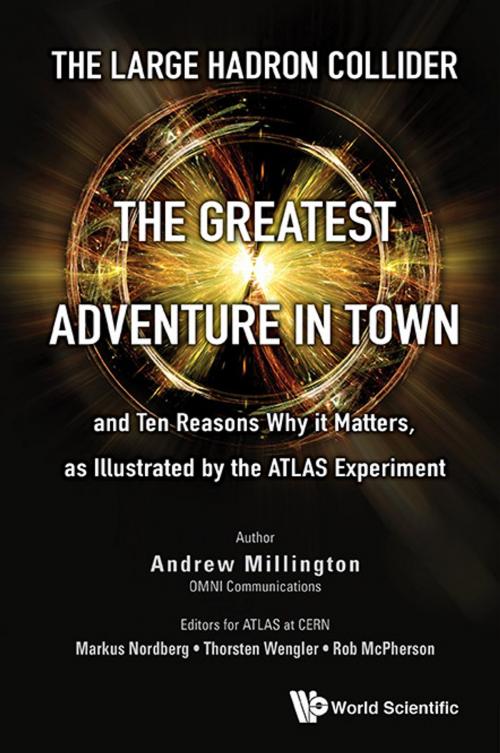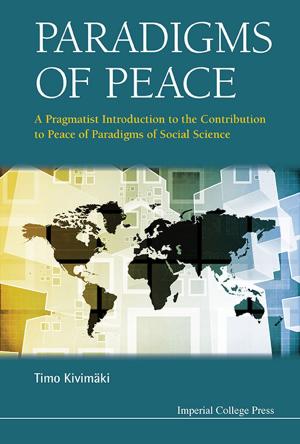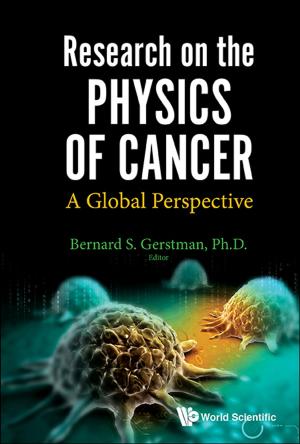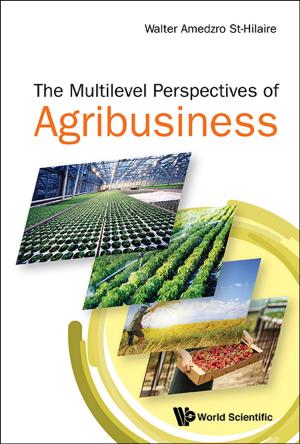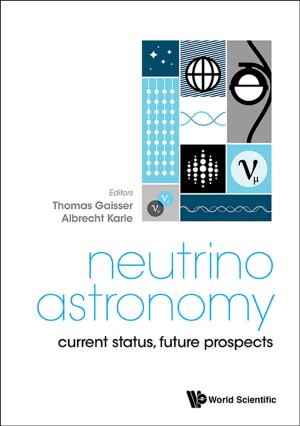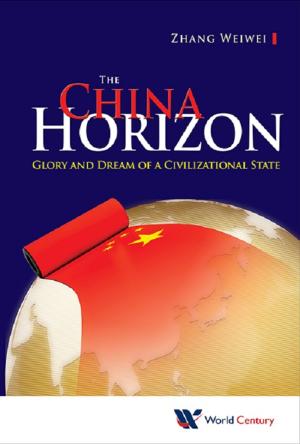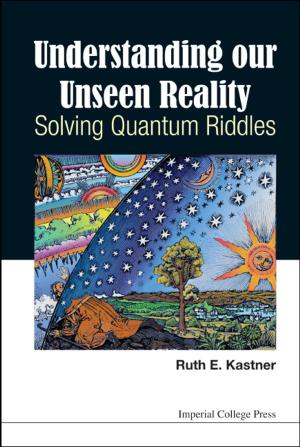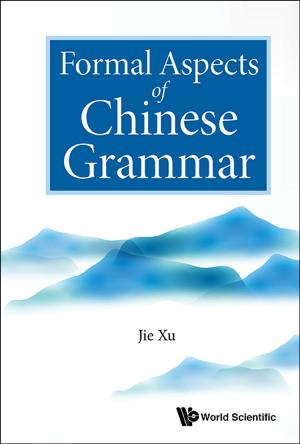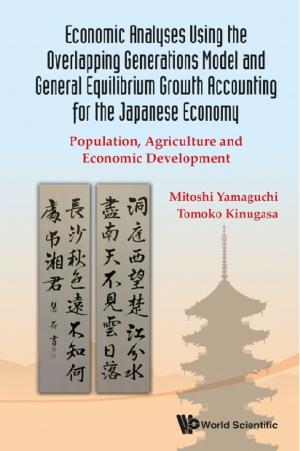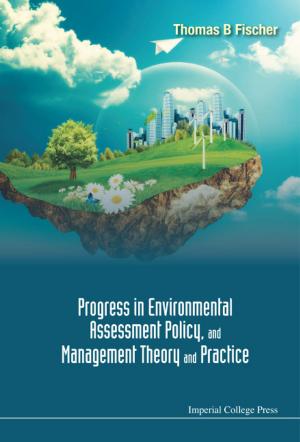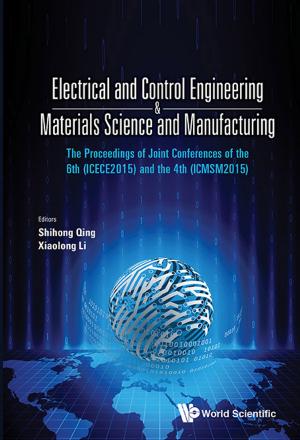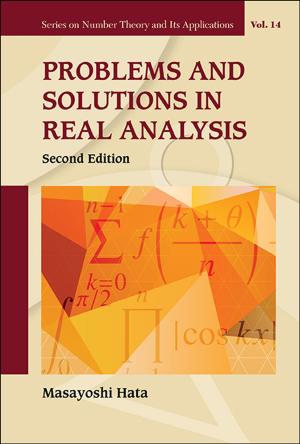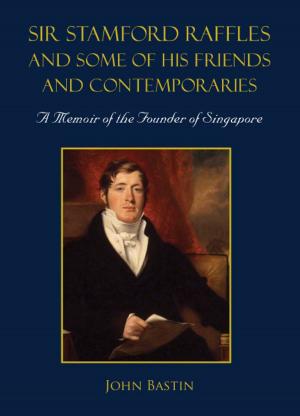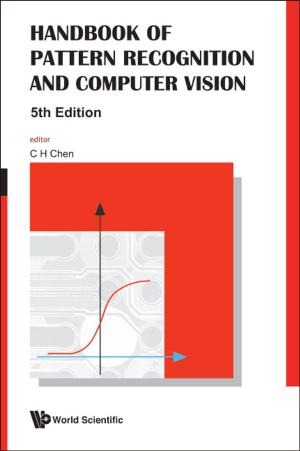The Large Hadron Collider
The Greatest Adventure in Town and Ten Reasons Why it Matters, as Illustrated by the ATLAS Experiment
Nonfiction, Science & Nature, Science, Physics, Nuclear Physics, General Physics| Author: | Andrew J Millington, Markus Nordberg, Thorsten Wengler;Rob McPherson | ISBN: | 9781786341396 |
| Publisher: | World Scientific Publishing Company | Publication: | September 14, 2016 |
| Imprint: | WSPC (EUROPE) | Language: | English |
| Author: | Andrew J Millington, Markus Nordberg, Thorsten Wengler;Rob McPherson |
| ISBN: | 9781786341396 |
| Publisher: | World Scientific Publishing Company |
| Publication: | September 14, 2016 |
| Imprint: | WSPC (EUROPE) |
| Language: | English |
When the discovery of the Higgs Boson at CERN hit the headlines in 2012, the world was stunned by this achievement of modern science. Less well appreciated, however, were the many ways in which this benefited wider society.
The Large Hadron Collider — The Greatest Adventure in Town charts a path through the cultural, economic and medical gains of modern particle physics. It illustrates these messages through the ATLAS experiment at CERN, one of the two big experiments which found the Higgs particle. Moving clear of in-depth physics analysis, it draws on the unparalleled curiosity about particle physics aroused by the Higgs discovery, and relates it to developments familiar in the modern world, including the Internet, its successor "The Grid", and the latest cancer treatments.
In this book, advances made from developing the 27 kilometre particle accelerator and its detectors are presented with the benefit of first hand interviews and are extensively illustrated throughout. Interviewees are leading physicists including successive heads of ATLAS, a top historian of science, a highly original economic strategist, a Nobel Prize-winning geneticist and President of the Royal Society in London, and experts in many other fields. These informative and entertaining insights provide both specialists and non-specialists alike with a unique window into the world of modern international research and its often surprising consequences, as exemplified by the ATLAS experiment. The narrative reveals the extent and style of international collaboration necessary to achieve success, and how big companies as well as start-ups enhance their products in the process.
Contents:
- The Physics Itself and Why It Needed the LHC
- The Philosophical Context, Drawing on Content Presented by Professor Renn
- The ATLAS Detector as an Endeavour
- The World Comes Together — Spreading Expertise and Garnering Resources
- The IT "Miracle" of the LHC/ATLAS Grid, Following on the Success of the WEB
- The Sociology of ATLAS and CERN: Models for a Future World
- The Economic Take on ATLAS: The Options Approach and Industrial Examples
- Particle Physics Transforms Medicine: Latest Examples from ATLAS and CERN
- ATLAS and CERN as an Inspiration for Research and Recruitment Across Science and Technology
- Further Implications of the Physics, and Next Steps, Including Extra Dimensions of Space, Supersymmetry and Dark Matter
Readership: Advanced students and professionals interested in the wider story of the LHC, and the stories behind the ATLAS experiment.
When the discovery of the Higgs Boson at CERN hit the headlines in 2012, the world was stunned by this achievement of modern science. Less well appreciated, however, were the many ways in which this benefited wider society.
The Large Hadron Collider — The Greatest Adventure in Town charts a path through the cultural, economic and medical gains of modern particle physics. It illustrates these messages through the ATLAS experiment at CERN, one of the two big experiments which found the Higgs particle. Moving clear of in-depth physics analysis, it draws on the unparalleled curiosity about particle physics aroused by the Higgs discovery, and relates it to developments familiar in the modern world, including the Internet, its successor "The Grid", and the latest cancer treatments.
In this book, advances made from developing the 27 kilometre particle accelerator and its detectors are presented with the benefit of first hand interviews and are extensively illustrated throughout. Interviewees are leading physicists including successive heads of ATLAS, a top historian of science, a highly original economic strategist, a Nobel Prize-winning geneticist and President of the Royal Society in London, and experts in many other fields. These informative and entertaining insights provide both specialists and non-specialists alike with a unique window into the world of modern international research and its often surprising consequences, as exemplified by the ATLAS experiment. The narrative reveals the extent and style of international collaboration necessary to achieve success, and how big companies as well as start-ups enhance their products in the process.
Contents:
- The Physics Itself and Why It Needed the LHC
- The Philosophical Context, Drawing on Content Presented by Professor Renn
- The ATLAS Detector as an Endeavour
- The World Comes Together — Spreading Expertise and Garnering Resources
- The IT "Miracle" of the LHC/ATLAS Grid, Following on the Success of the WEB
- The Sociology of ATLAS and CERN: Models for a Future World
- The Economic Take on ATLAS: The Options Approach and Industrial Examples
- Particle Physics Transforms Medicine: Latest Examples from ATLAS and CERN
- ATLAS and CERN as an Inspiration for Research and Recruitment Across Science and Technology
- Further Implications of the Physics, and Next Steps, Including Extra Dimensions of Space, Supersymmetry and Dark Matter
Readership: Advanced students and professionals interested in the wider story of the LHC, and the stories behind the ATLAS experiment.
